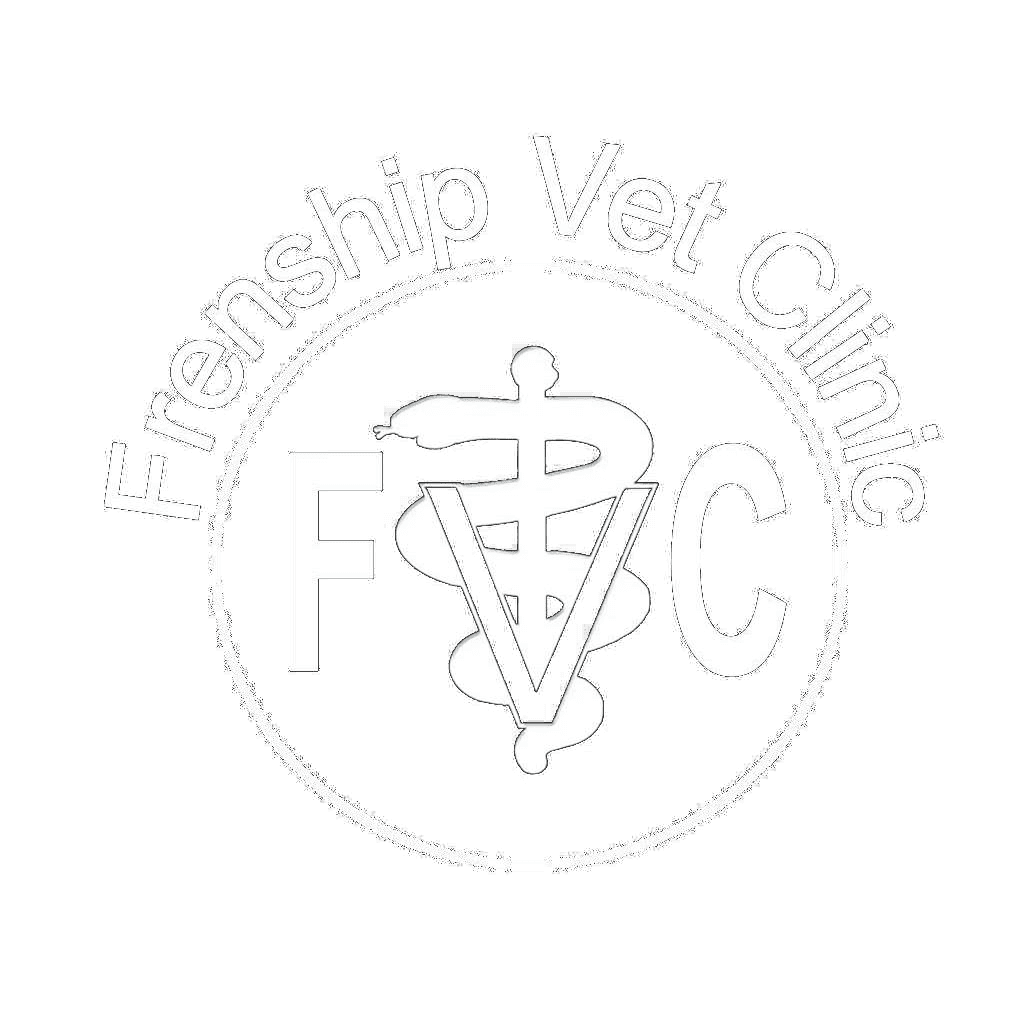Essential Flea, Tick, and Heartworm Protection in Wolfforth, Texas
The warm, inviting climate of Wolfforth, Texas, unfortunately creates ideal conditions for a variety of parasites that can pose significant health risks to your beloved pets. Fleas, ticks, and heartworms are among the most prevalent and potentially dangerous threats. Implementing a comprehensive prevention plan is essential to safeguarding your furry friend’s well-being.
Understanding the Local Threats
Wolfforth’s outdoor lifestyle and warm temperatures provide an optimal environment for fleas, ticks, and the mosquitoes that carry heartworm larvae to thrive. It’s crucial to understand the specific challenges these parasites pose in the region.
- Fleas: These tiny, wingless insects are notorious for their ability to rapidly infest homes and yards. Beyond causing intense itching and discomfort, fleas can transmit tapeworms and other parasites to pets. They can also cause skin irritation and hair loss.
- Ticks: Wolfforth’s abundant vegetation and wildlife create ideal conditions for ticks. These arachnids embed themselves into the skin and feed on blood, potentially transmitting a range of diseases. Common tick-borne illnesses include Lyme disease, Rocky Mountain Spotted Fever, and Ehrlichiosis. Symptoms can vary but often include fever, lethargy, lameness, and swollen lymph nodes.
- Heartworms: Transmitted by infected mosquitoes, heartworms are parasitic worms that reside in the heart, lungs, and blood vessels of dogs and cats. The gradual onset of symptoms can make the condition challenging to detect in its early stages. Common signs include coughing, difficulty breathing, fatigue, and weight loss. Advanced heartworm disease can lead to severe heart failure and be fatal.
Early detection and treatment are crucial for managing these parasites effectively. Regular veterinary check-ups and prompt attention to any unusual symptoms are essential.
Fleas, Ticks, And Heartworms Prevention Strategies
A multi-faceted approach is necessary to protect your pet from fleas, ticks, and heartworms. Combining preventative products with regular veterinary care and environmental control measures is essential.
- Topical Treatments: These convenient medications are applied directly to the pet’s skin, often between the shoulder blades. They provide long-lasting protection against fleas, ticks, and in some cases, heartworms.
- Oral Medications: Administered monthly, oral preventatives offer protection against heartworms and frequently include coverage for fleas and ticks.
- Collars: While effective for repelling fleas and ticks, collars may not provide complete protection, especially against heartworms.
- Veterinary Preventative Care: Regular examinations, including heartworm tests, are crucial for early detection and personalized prevention recommendations.
- Environmental Control: Treating your yard and home for fleas and ticks can help reduce the parasite population and lower the risk of infestation.
Consistency is key to successful pet parasite prevention. Consult your veterinarian to determine the most appropriate products and treatment schedule for your pet’s specific needs and lifestyle.
Assessing Your Pet’s Risk Factors
Selecting the right preventative requires careful consideration of several factors to ensure optimal protection for your pet.
- Pet’s Age: Puppies and kittens have unique preventative needs. Consult your veterinarian for age-appropriate recommendations.
- Lifestyle: Outdoor pets, hunting dogs, and those living in areas with high parasite populations may require additional protection.
- Overall Health: Underlying medical conditions can influence the choice of preventative.
- Veterinary Consultation: A comprehensive examination and discussion of your pet’s lifestyle and risk factors will help your veterinarian recommend the most suitable prevention plan.
By working closely with your veterinarian, you can develop a tailored approach that effectively safeguards your pet’s health.
Protecting Your Pet Year-Round
Wolfforth’s varying seasons influence parasite activity, emphasizing the importance of year-round protection.
- Spring: As temperatures rise and vegetation grows, ticks and fleas become more active. Regular tick checks after outdoor activities are essential.
- Summer: The combination of heat and humidity creates ideal conditions for mosquitoes, increasing the risk of heartworm transmission. Consistent heartworm prevention is crucial.
- Fall: While tick activity may decline, remaining vigilant is important, especially if your pet spends time outdoors.
- Winter: Although parasite activity generally decreases, indoor environments can still harbor fleas. Continued prevention is recommended.
By maintaining a consistent prevention routine throughout the year, you can significantly reduce the risk of your pet becoming infected with fleas, ticks, or heartworms.
A proactive approach to parasite prevention is essential for maintaining your pet’s health and well-being. By understanding the local threats, implementing effective prevention strategies, and partnering with your veterinarian, you can provide your furry companion with the protection they deserve.
Frenship Vet Clinic: Your Partner in Pet Health
Frenship Vet Clinic Wolfforth understands the importance of protecting your beloved pet from the dangers of fleas, ticks, and heartworms. We know that the Wolfforth climate creates an ideal environment for these parasites to thrive, which is why we offer comprehensive prevention services. By combining our expertise with your commitment to your pet’s well-being, we can create a tailored prevention plan to safeguard their health.
Don’t wait for problems to arise. Schedule an appointment with Frenship Vet Clinic today to discuss the best prevention options for your pet. Our experienced veterinarians are committed to providing top-notch vet care in Wolfforth and ensuring your pet’s happiness and longevity.





